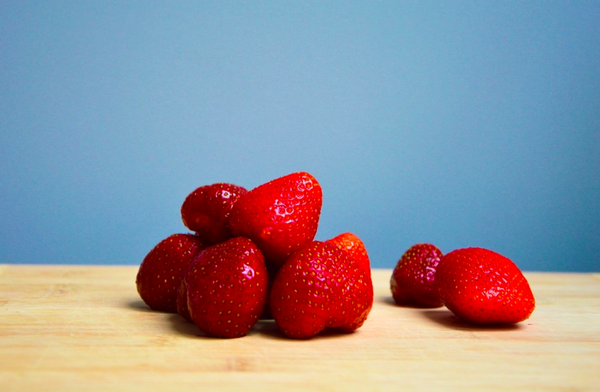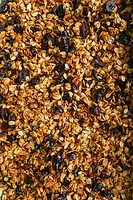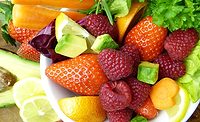The Environmental Working Group (EWG) has once again released their annual list of the “dirtiest” and “cleanest” fruits and vegetables available to U.S. consumers.
EWG, a nonprofit and nonpartisan group has been ranking fresh produce based on their levels of pesticide contamination (number of pesticides and amount of each pesticide) since 2004. The results are compiled into their Shopper’s Guide to Pesticides in Produce each year. The guide is meant to be a resource for consumers who cannot buy organic produce—for whatever reason. With this list, consumers can choose produce types based on their possible presence of pesticide contamination.
Topping the list of foods with the most pesticide residues, the Dirty Dozen for 2018 are:
- Strawberries
- Spinach
- Nectarines
- Apples
- Grapes
- Peaches
- Cherries
- Pears
- Tomatoes
- Celery
- Potatoes
- Sweet bell peppers
- Hot peppers*
These foods were found to have higher levels of pesticides than other produce types tested. In fact, more than 98 percent of the top four foods listed tested positive for at least one pesticide residue. On average, spinach samples contained nearly double the amount of pesticide residue by weight than any other crop. Overall, close to 70 percent of conventional (not organic) fruits and vegetables had some level of pesticide residue.
This year’s Dirty Dozen list also includes a 13th produce item--hot peppers*. EWG found that hot peppers tend to be contaminated with dangerous insecticides, so they suggest buying this item organic, or at least cook conventionally grown hot peppers to help reduce insecticide levels.
While EWG says that rinsing produce under tap water is a good way to reduce pesticide levels before consumption, research conducted by researchers at the University of Massachusetts shows that soaking produce in a baking soda and water solution may do an even better job at killing pesticides.
For 2018, the Clean Fifteen--produce items that tend to have the least pesticide residues are:
- Avocados
- Sweet corn
- Pineapples
- Cabbage
- Onions
- Sweet frozen peas
- Papayas
- Asparagus
- Mangos
- Eggplant
- Honeydew melon
- Kiwi
- Cantaloupe
- Cauliflower
- Broccoli
EWG’s research is based on its own private analysis of the U.S. Department of Agriculture’s pesticide testing.
Sign up for Food Safety Magazine’s bi-weekly emails!
Subscribe to our podcast: Food Safety Matters!



